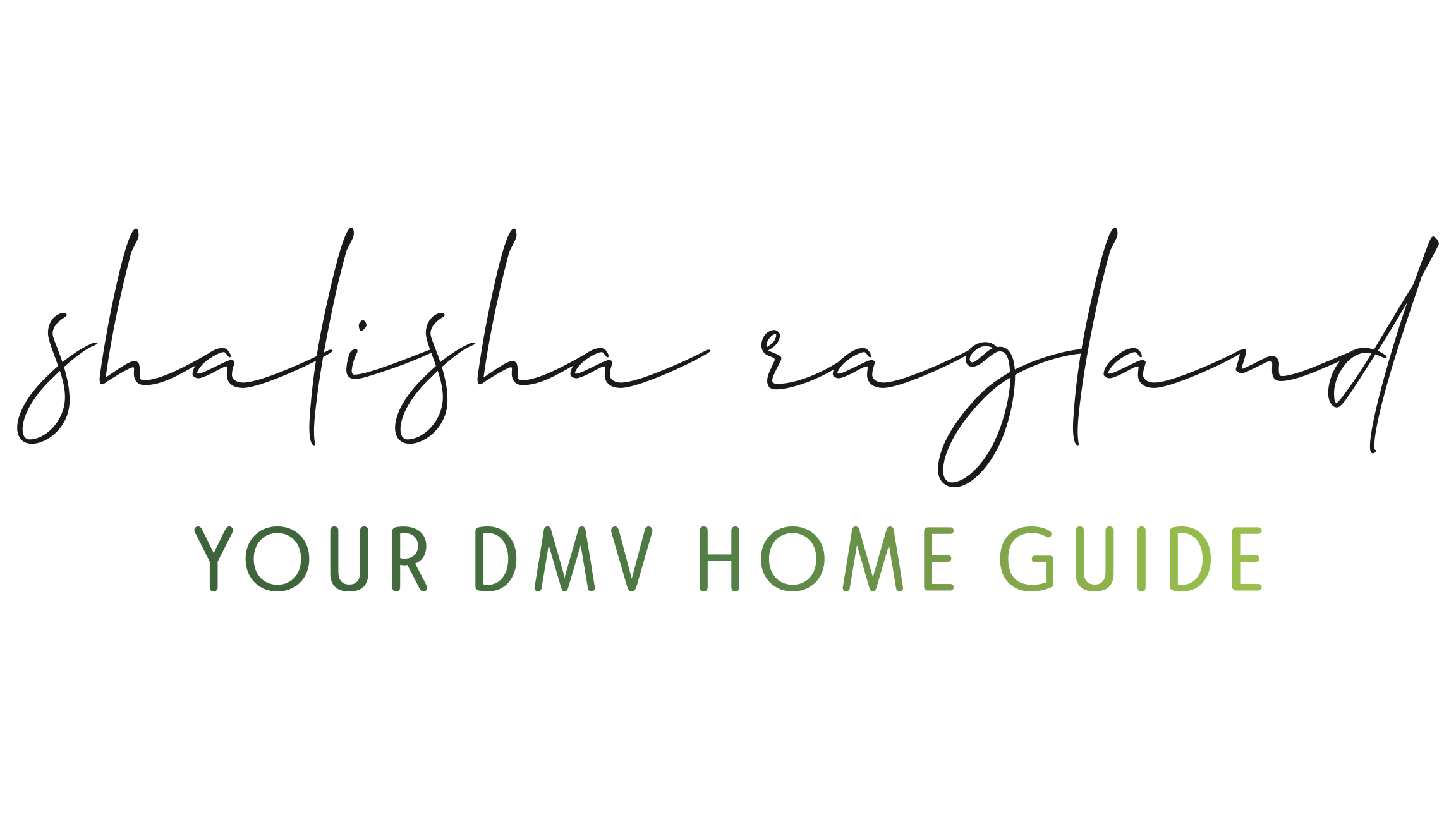Should I Lease My Home Or Sell?

Deciding whether to lease your home or sell it is a significant decision that can have substantial financial, emotional, and lifestyle implications. Each option comes with its own set of advantages and challenges, and understanding these can help you make the best choice for your situation.
**Sellers: Understanding the Market**
When contemplating a sale, the current real estate market is a crucial factor. In a seller's market, properties tend to sell quickly and at higher prices due to high demand and low supply. This scenario can provide you with substantial capital that you can reinvest in other ventures, pay off debts, or use for other purposes. However, selling in a buyer's market, where there is larger housing supply than demand, may result in your property sitting on the market longer and selling for less than you hoped. Evaluate market conditions and consult a real estate professional to get an accurate picture of what your home could realistically sell for.
**Lifestyle Considerations**
Your lifestyle and personal circumstances play a massive role in determining whether to lease or sell. Selling your home offers a clean break, both financially and emotionally. This can be ideal if you're relocating, downsizing, or undergoing a significant life change like a divorce. On the other hand, leasing provides greater flexibility. If your relocation is temporary or you're uncertain about your long-term plans, leasing allows you to keep the property. This way, you maintain the option to return later or sell when market conditions improve.
**Investing and Financial Implications**
From an investment perspective, leasing can turn your property into a consistent income stream. Real estate is often considered a stable, long-term investment, and renting out your home can generate monthly rental income that may cover mortgage payments and potentially provide additional profit. Moreover, the property can appreciate in value over time, contributing to your overall wealth. However, being a landlord comes with its own set of responsibilities and costs, including maintenance, repairs, and property management. You may also experience periods of vacancy, where you won't have rental income to cover these expenses.
Alternatively, selling your home frees up capital immediately, which can be reinvested in other opportunities that might yield quicker or higher returns than rental income. This can include purchasing a new home, investing in stocks or other ventures, or even starting a new business. The primary downside is losing the potential for property value appreciation and the ongoing income that leasing could provide.
**Tax Considerations**
Tax implications also differ between selling and leasing. If you sell your home, you may be subject to capital gains tax depending on how long you've owned the property and your capital gains amount. Meanwhile, rental income is also taxable, but you can often deduct expenses related to the property, such as mortgage interest, property management fees, and maintenance costs, which can help offset your tax liability.
**Conclusion**
Ultimately, the decision to lease or sell your home depends on a combination of market conditions, personal lifestyle, and financial goals. If you're looking for immediate capital and a fresh start, selling might be the right move. However, if you prefer a steady income stream and the potential for long-term appreciation, leasing could be more advantageous.
Consulting with real estate professionals and financial advisors can provide tailored advice, ensuring that your choice aligns with your overall financial strategy and life plans. Make sure to weigh the pros and cons of each option thoroughly before making your final decision.
Categories
Recent Posts






